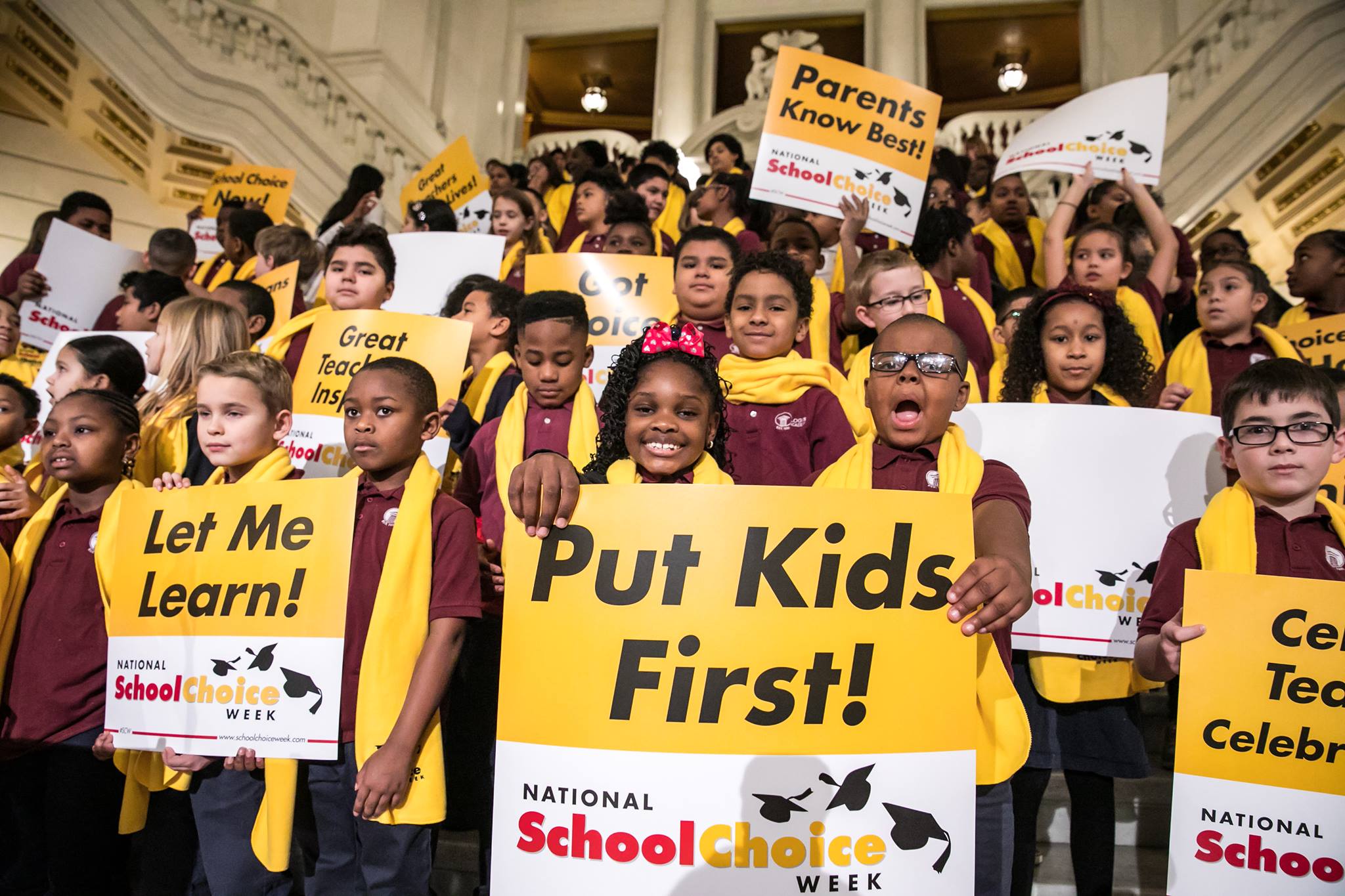By Walter Blanks
While school choice initiatives have taken the national stage over the past few years, opposition to education freedom is as common as it is hypocritical.
In a recent exchange on Twitter, for example, former Assistant Secretary of Education Diane Ravitch, who sent her own children to private school, said, “Anyone who leaves public schools should pay for their private choice.” This notion that a high-quality education should be accessible only to people who can afford it is not only elitist, but also a slap in the face to parents across the country who simply want something better for their children who are being failed by an out-of-touch public system.
Unfortunately, this is a common sentiment among school choice opponents. Here’s another example from columnist Peter Faur, who authored an op-ed infuriatingly titled “Want to send your child to a private school? Great! Pay for it like I did.” Faur exercised choice for his own family but wants to deny other families that same opportunity — unless they’re wealthy enough to buy their way out.
The worst example of all, however, is Texas lieutenant governor candidate Mike Collier, who is trying to coin the phrase: “Vouchers are for vultures.” You read that right — the man running to represent the state of Texas and uphold its laws thinks low-income families who apply for education vouchers to send their children to better private schools are no better than vultures.
This rhetoric is insulting, to be sure, but it also reveals a lot about how school choice opponents view public schools and the blind spots they have. In their world, the public school system is great for all students. But as many families discovered during the pandemic, that’s just not true — and it never has been. The one-size-fits-all approach of residentially assigned schooling has never worked for everyone, and many students end up getting left behind as a result.
Opponents of school choice are defending a fantasy. They like the idea of public education but can’t face the reality. From where I am sitting, public education has been a failure, locking children out of the classroom for months during the pandemic and failing to help students reach basic levels of reading and mathematical proficiency. Public education isn’t a pillar of our society, as its defenders claim — it’s the reason our society is drowning.
A common argument against school choice is that public funds belong to public schools. But this throwaway line ignores the purpose of funding education in the first place: to create an environment in which children can learn and succeed. If they are not able to do either in the public education system, families need to be able to take their children out and find an alternative that works best for them.
We don’t deny citizens this kind of choice in any other area of society. When I went to college in Ohio, I took public dollars to a private university by way of a Pell Grant. Yet there is no national controversy over whether that should be allowed like there was about my K-12 school choice scholarship.
People either do not understand how our system works, or they are intentionally being disingenuous about what school choice really is. After being in the movement for most of my life, I’m saddened to say it may be the latter. Seeing the elitism on display these last few weeks has only served to prove that point.
The same advocates who want taxpayers to pay for everything else (whether it be college, preschool, or healthcare) suddenly adopt a “pull yourself up by your bootstraps” mentality when it comes to K-12 education. The problem is their position has nothing to do with logic — it’s about power.
Choice is the norm with everything else, but school choice threatens a special interest in K-12 education: the education monopoly. Marie Antoinette would be proud of these enemies of educational freedom, these hypocrites who exercised school choice for their own families while telling everyone else to “eat cake.”
For some families, education is the only way out, and they deserve, at the very least, a real debate about fixing the system that has failed them. The education freedom movement is growing, and the elitism on display from our opponents will only motivate us to lean in and continue to fight for all students.

